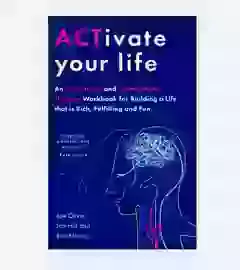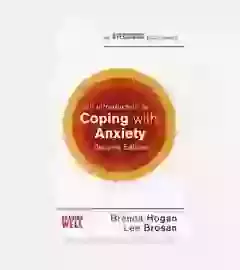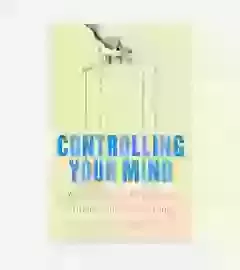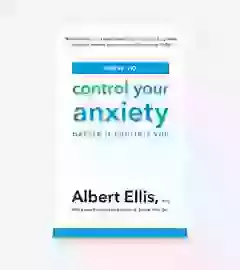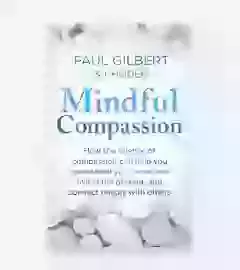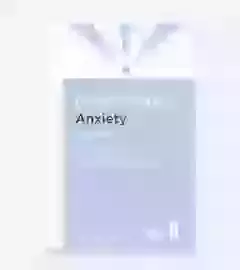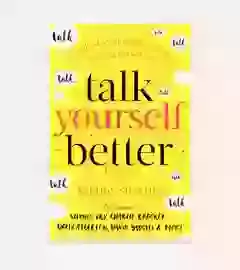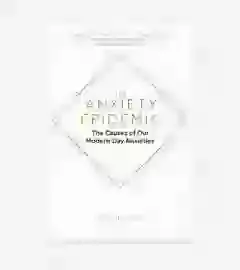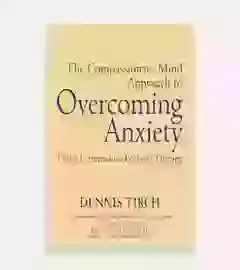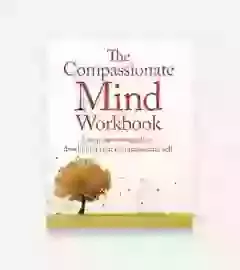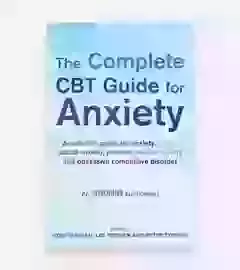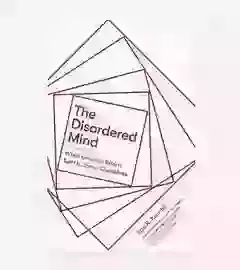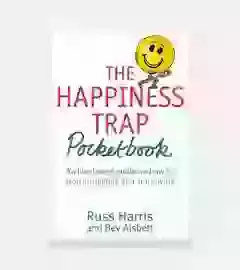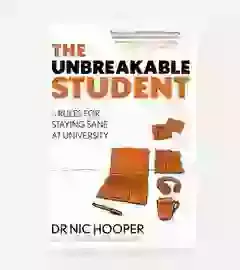How Can I Help Myself?
Several decades ago, the common method for treatment of anxiety-related problems was medication. Medication can be very useful if it is used appropriately, but in the long term it can promote dependency and provide a means of avoidance for the user, and it may also have unpleasant side-effects.
In recent years a range of cognitive behavioural therapies has been developed for treating psychological problems. These work by addressing the patterns of thinking that are associated with a person's problematic behaviour and symptoms. The treatment is conducted by a therapist, but many of the CBT mechanisms have also been adapted into the form of self-help manuals. If you are able to identify the maintaining cycles and the personal risk factors (see above) that contribute to your anxiety problem, then you can apply coping strategies to modify the bodily, psychological and behavioural responses to anxiety, and break the cycles. These strategies, or skills, include:
Stress awareness training
Techniques for managing the bodily symptoms:
- Controlled breathing
- Applied relaxation
Techniques for managing the psychological symptoms:
- Distraction
- Thought challenging
Techniques for dealing with problem behaviour:
- Graded exposure to fears
- Problem-solving strategies
- Assertiveness training
- Time management
- Sleep management
Techniques for coping in the long term:
- 'Blueprinting' (planning how to deal with challenging situations)
- Coping with setbacks


